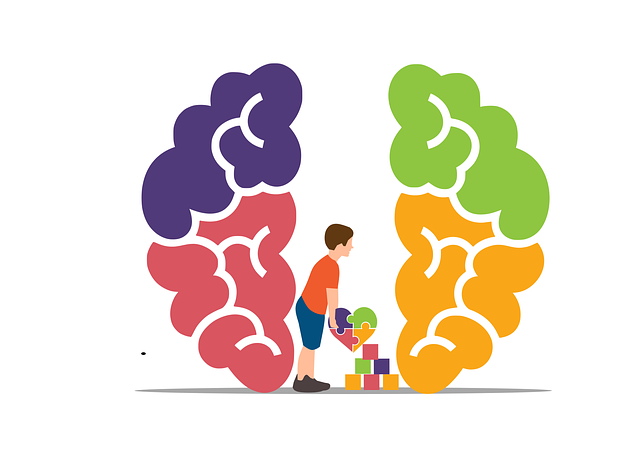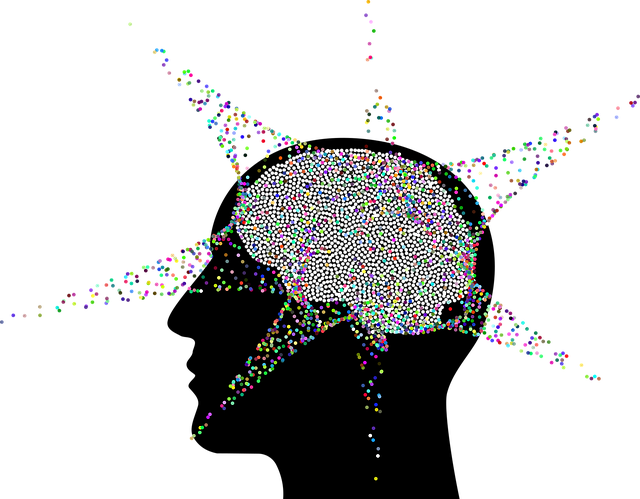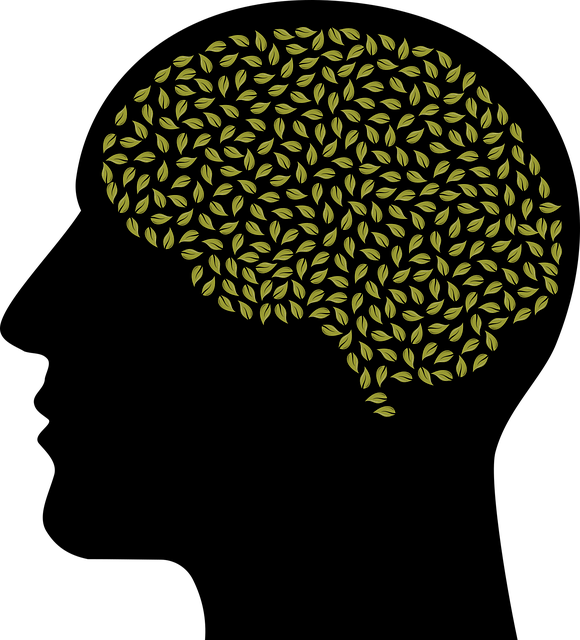Oppositional Defiant Disorder (ODD) is a childhood behavioral condition characterized by anger, irritability, and defiant behavior, requiring early recognition for effective treatment. Diagnosis involves mental health professionals assessing DSM-5 criteria, with consultation crucial to understand the child's behavior. Englewood Oppositional Defiance Disorder Therapy uses evidence-based approaches like CBT, parent training, and personalized psychotherapy to address symptoms and improve family dynamics. This holistic approach, including risk assessments, support groups, and crisis intervention, aims to enhance well-being and quality of life for individuals with ODD.
“Mental illness, especially Oppositional Defiant Disorder (ODD), can present significant challenges. This comprehensive guide aims to demystify ODD diagnosis and treatment navigation. We explore key symptoms and diagnostic criteria, emphasizing the importance of evidence-based therapies in Englewood Oppositional Defiance Disorder therapy.
Learn about the crucial roles mental health professionals play in managing ODD and discover vital support systems and resources for effective treatment and recovery.”
- Understanding Oppositional Defiant Disorder (ODD): Symptoms and Diagnosis
- Navigating Treatment Options for ODD: Evidence-Based Therapies
- The Role of Mental Health Professionals in ODD Management
- Support Systems and Resources for Effective ODD Treatment and Recovery
Understanding Oppositional Defiant Disorder (ODD): Symptoms and Diagnosis

Oppositional Defiant Disorder (ODD) is a behavioral condition characterized by a persistent pattern of angry and irritable behavior, defiant attitude, and frequent argumentation with authority figures. This disorder often emerges in childhood, typically between the ages of 2 to 8 years old, and if left untreated, can persist into adolescence and adulthood. Recognizing the symptoms early is crucial for effective Englewood Oppositional Defiance Disorder Therapy.
Diagnosis involves a comprehensive assessment by qualified mental health professionals who will look for at least six persistent signs over time. These include frequent anger, argumentativeness, defiant behavior, easily annoyed, angry or resentful, and often loses temper. The diagnosis should be made in consultation with parents or guardians to gain a full understanding of the child’s behavior in various settings. Additionally, the American Psychiatric Association’s Diagnostic and Statistical Manual (DSM-5) serves as a guideline for healthcare providers when diagnosing ODD.
Navigating Treatment Options for ODD: Evidence-Based Therapies

Navigating treatment options for Oppositional Defiant Disorder (ODD) involves exploring a range of evidence-based therapies designed to improve communication strategies and address underlying behavioral issues. One prominent approach is cognitive-behavioral therapy (CBT), which helps individuals identify and modify negative thought patterns and behaviors associated with ODD. This therapy encourages patients to understand the connection between their thoughts, feelings, and actions, fostering healthier coping mechanisms.
Englewood Oppositional Defiance Disorder Therapy often incorporates techniques like parent training, where caregivers learn effective communication strategies within the context of Mental Health Education Programs Design. By promoting open dialogue and consistent boundaries, these programs aim to reduce the stigma surrounding mental illness while enhancing family dynamics. Through tailored interventions, patients can develop social skills, improve emotional regulation, and foster more positive interactions, ultimately leading to better outcomes in both personal and academic settings.
The Role of Mental Health Professionals in ODD Management

Mental health professionals play a pivotal role in managing Oppositional Defiant Disorder (ODD), offering specialized Englewood Oppositional Defiance Disorder therapy and support to individuals struggling with this challenging condition. These experts employ various evidence-based approaches, combining behavioral interventions, cognitive-behavioral therapy, and psychotherapy tailored to each patient’s unique needs. Through comprehensive risk assessments for mental health professionals, they create safe, nurturing environments fostering compassion cultivation practices and emotional intelligence. This holistic approach aims to not only manage symptoms but also enhance coping mechanisms, improving overall well-being and quality of life for those dealing with ODD.
Support Systems and Resources for Effective ODD Treatment and Recovery

Navigating the path to recovery from Oppositional Defiance Disorder (ODD) requires a robust support system and access to appropriate resources. Englewood ODD therapy leverages evidence-based practices to address underlying causes, focusing on both individual and familial dynamics. This holistic approach not only includes psychotherapy but also equips individuals with confidence boosting strategies and emotional well-being promotion techniques, fostering resilience against symptoms.
Additionally, support groups and crisis intervention guidance play pivotal roles in ODD treatment. These services provide safe spaces for sharing experiences, offering understanding and encouragement. By connecting individuals and families with the right resources, Englewood ODD therapy facilitates a smoother transition towards managing and overcoming the disorder, paving the way for improved quality of life and enhanced coping mechanisms.
In navigating the complex landscape of Oppositional Defiant Disorder (ODD), understanding symptoms, accurate diagnosis, and evidence-based treatments are key. Mental health professionals play a crucial role in managing ODD, providing guidance and support to both individuals and their families. At Englewood Oppositional Defiance Disorder Therapy, we specialize in offering comprehensive treatment options, fostering recovery through tailored interventions and robust support systems. By combining advanced therapies with community resources, we strive to create a holistic approach that addresses the unique needs of each client on their journey toward resilience and well-being.














